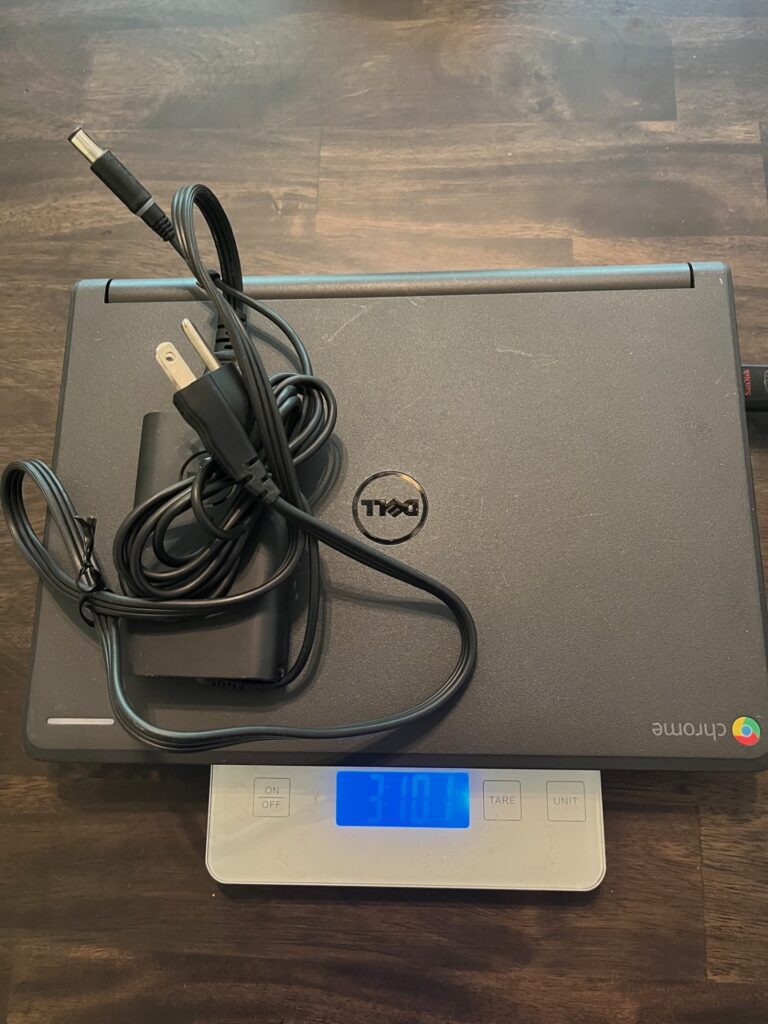Preppers have put together many different bug out and bug in packages ranging from get-home bags to long-term food supplies. But if we are actually going to survive long-term, we must have knowledge, and our source of that knowledge must be dependable. We believe that our off-grid survival library is our most important survival tool. But an off-grid survival library needs an off-grid computer.
When choosing the computer to go into our library kit, the following traits were critical: lightweight, affordable, durable, dependable, and great battery life. But the most important criterion was that it had to remain stable even after long periods of time in storage.
The internet is a great source of information. The problem is that information comes in many different formats, and accessing those formats with a single machine has proven to be problematic. In an effort to decrease the number of software programs needed to access the information, we found that the Zim compression system provided the most content on a single platform. The problem is that many of the titles provided in that format would only work on specific machines or operating systems. Then we stumbled on a java script application that worked with the Chrome browser almost flawlessly.
Given the above criteria, we believe that the best platform for this project is the Chromebook. It is lightweight, durable, dependable, and has a battery life that outlasts many cell phones these days. Plus, its operating system is CHROME, making it THE obvious choice for our off-grid computer.

Our current off-grid library setup includes an 11-inch refurbished/used Chromebook that has been completely wiped clean, reloaded, and optimized for off-grid use. We also use high-quality (greater than 120 GB/s read speed) flash drives optimized for the Chromebook, loaded with over 200 GigaBytes of survival information.
Warning: Do not use cheap or slow flash drives because they are very unreliable. They take extended periods of time to load even the smallest of resources. We try to cut costs everywhere we can because we know these units are going into storage to (hopefully) never be seen again. But the flash drives are the exception to this rule. We don’t want to open our kit after SHTF and find that our cheap storage choice caused us to lose what we worked so hard to gather.
These laptops are thoroughly checked, erased, reloaded, and optimized for off-grid use with the information gathered.